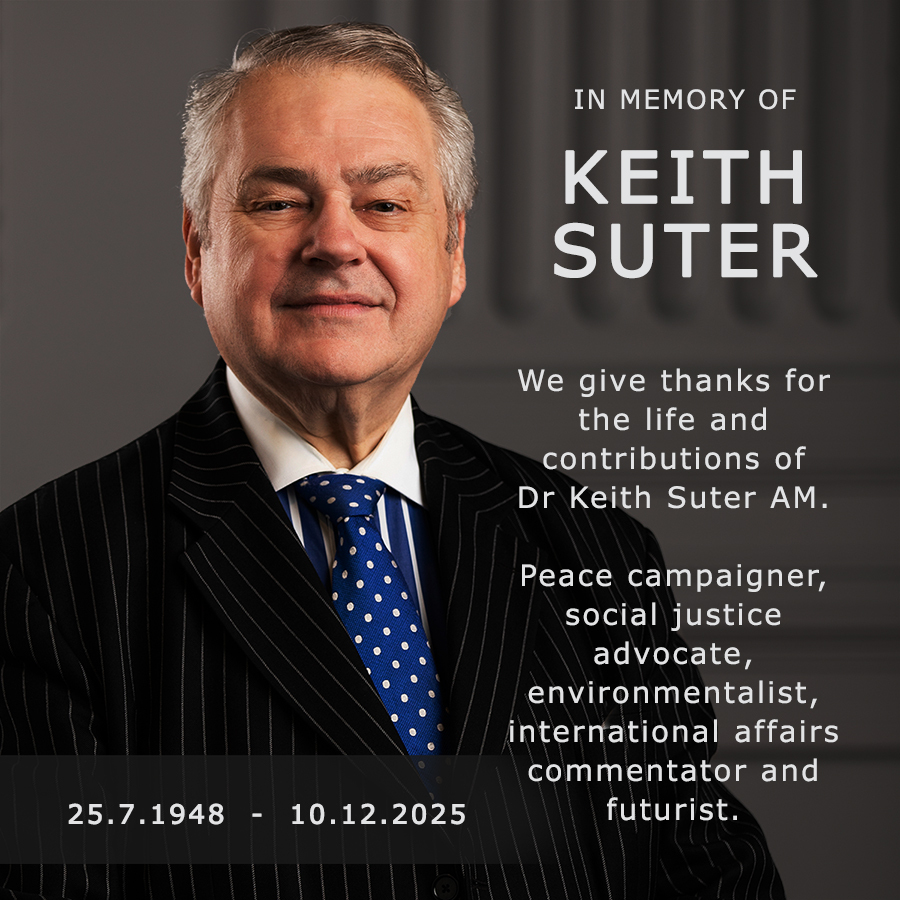
Archive Article: John Wesley’s 300th Anniversary. 6 June 03
December 23, 2008
This month is the 300th anniversary of John Wesley’s birthday. Wesley Mission is part of an international network of churches and other organizations holding commemorative events.
John Wesley lived for most of the 18th Century, from 1703 to 1791. He lived in one of the most momentous centuries of England’s history. The century began with England as an impoverished small country on the edge of European affairs, with a minimal overseas empire. It ended with England undergoing the world’s first industrial revolution and on the way to becoming the “workshop of the world” and creating an empire that in the 19th Century would embrace one third of the world. By the time of his death, Wesley was one of the most famous and influential people in England. He lived and died an Anglican clergyman but his ideas on reform made him unpopular and so his followers established their own church, the Methodist church. The term “Methodist” was derived from the criticisms of Wesley’s Oxford University contemporaries, who accused him of being too organized and methodical. He took that criticism as a form of praise. Their careless way of living was one of the reasons why Wesley was concerned to reform the decaying Anglican church.
The Victorian Synod magazine “Crosslight” this month, as part of its observance of the Wesley anniversary, has an interesting article on the person who is transcribing John Wesley’s diaries. The Rev Richard Heitzenrater, of the US’s Duke Divinity School, is throwing additional light on Wesley.
One of Wesley’s famous expressions was “The world is my parish”. This has been taken as the Methodist motto for mission around the world and so a call for global evangelism.
It seems, according to this scholar, that the phrase may also have been first uttered as a justification for preaching in another’s person’s territory. After all, the Anglican church – as England’s “established church” – divided the entire country into neat parishes, with the local vicar responsible for everyone in the parish who had not deliberately claimed to be Anglican. If a person did not specify a religion, they were automatically to be deemed to be an Anglican.
John Wesley travelled over 225,000 miles, preaching 44,000 sermons. He was going from one parish to another, and so crossing parish boundaries. He was falling foul of the church bureaucrats of his day, who were concerned with boundaries. Wesley was concerned to reach people, irrespective of where they lived.
Another Wesley innovation was his preaching the first sermon of the day at 5 AM. He preached to people on their way to work in the newly established coal mines or factories. This early hour was not for his benefit – but for theirs. He was going to where the people were. Most of his Anglican colleagues were still in bed at that time.
Yet another innovation was the “class meeting”: basically home churches. They met for one evening per week for an hour or so. Each person reported on his or her spiritual progress, or on particular needs, and received the support and prayers of the others.
Wesley was also an early feminist. Many of the class leaders and lay preachers were women. He provided women with opportunities for leadership that they could not get elsewhere in England at that time. They got the positions because they were the best qualified. Wesley had no time to fuss over gender disputes.
In short, Wesley’s methods still have many lessons for us today. This month will be a good opportunity for us to refresh our memories of them.
Broadcast Friday 6th June 2003 on Radio 2GB’s “Brian Wilshire Programme” at 9pm.

